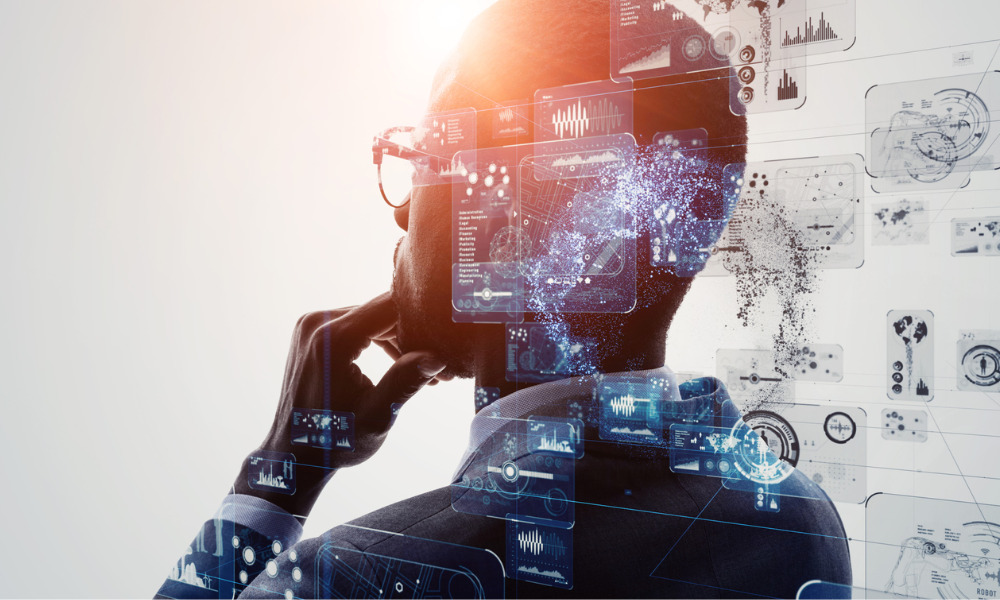‘Ask yourself: ‘What business problem am I trying to solve?’’

When deciding to take the plunge and install AI technology into the HR system, it’s best to always remember the human factor, says an expert.
“The focus should be as much or more on the human or on the people as on the machine,” says Kerry Goyette, founder and president of Aperio Consulting Group, a management consulting group in Columbia, Mo. “The key really lies in that intersection between technology, human learning, human adoption and human agency.”
Businesses have tended to get excited about new technologies, says Goyette, but HR professionals have to ask some key questions.
“Humans want to know, am I still in the driver’s seat? Can I trust it? We really need to focus in HR on humans and technology; we really have to evolve together to benefit society and to be successful for our organizations. How do we effectively adapt humans and technology together?” she says.
For AI to really be successful, its makeup has to be examined with a critical eye, says Goyette.
“We ask our people, our teams, to be transparent. We have to explain our work and show how we came to conclusions. The same is true with algorithms and we need to really start to demand and create algorithms that are transparent and explainable.”
That way, HR departments can examine whether or not hiring software includes prejudice and remove it.
“You can open the hood, see how it got to those answers; you can audit it for bias and make sure that there’s none in your algorithms. We really need to push for what’s called ‘explainable AI’ and that’s just as we asked humans to be transparent and open, we really need to expect that from our algorithm,” says Goyette.
“Explainable AI is going to be a much better solution than just neural networks that are black box that you don’t have any idea how it reached its conclusion.”
The intersection of behavioural science and AI is another exciting factor in a successful implementation, she says.

Kerry Goyette
“One of the real advantages of artificial intelligence is that it has the opportunity to encode far more knowledge and see patterns that any single human can ever do and yet behavioural science has the keys to unlocking, how do we effectively and ethically process and use this information?”
It’s the moral reasoning and mental clarity that people can offer in way that AI cannot do yet, which is also important in such things as hiring, says Goyette.
“The great thing is, humans like that part, people like that part; we like the creativity, we like the novel ways of being able to exercise our creativity and to pull all of that experience that we’ve encoded in our brain over the years to make really good sound judgments. And then we leave AI to do the very not as much fun [task of] crunching and processing a ton of data to give us really objective feedback.”
For HR departments, AI can be a great tool but do your due diligence before taking the plunge, she says.
“Not many of us are skilled in being able to evaluate that, but really dig in and talk with other organizations that have used that type of AI and really see if it fits your organization… Ask yourself, what business problem am I trying to solve? How am I doing it today? And then what do I think AI can do a better job of. That’s somewhat basic but that’s what clients are stumbling over.”
Many office workers are tired of the same old boring and repetitive tasks, according to one survey on process automation, and the federal government recently invested in AI that tracks sexual harassment in the workplace.




